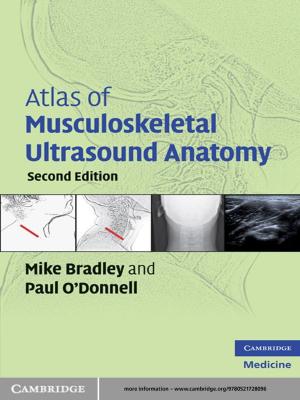The Cambridge Handbook of Psycholinguistics
Nonfiction, Health & Well Being, Psychology, Cognitive Psychology, Reference & Language, Language Arts| Author: | ISBN: | 9781139539623 | |
| Publisher: | Cambridge University Press | Publication: | August 20, 2012 |
| Imprint: | Cambridge University Press | Language: | English |
| Author: | |
| ISBN: | 9781139539623 |
| Publisher: | Cambridge University Press |
| Publication: | August 20, 2012 |
| Imprint: | Cambridge University Press |
| Language: | English |
Our ability to speak, write, understand speech and read is critical to our ability to function in today's society. As such, psycholinguistics, or the study of how humans learn and use language, is a central topic in cognitive science. This comprehensive handbook is a collection of chapters written not by practitioners in the field, who can summarize the work going on around them, but by trailblazers from a wide array of subfields, who have been shaping the field of psycholinguistics over the last decade. Some topics discussed include how children learn language, how average adults understand and produce language, how language is represented in the brain, how brain-damaged individuals perform in terms of their language abilities and computer-based models of language and meaning. This is required reading for advanced researchers, graduate students and upper-level undergraduates who are interested in the recent developments and the future of psycholinguistics.
Our ability to speak, write, understand speech and read is critical to our ability to function in today's society. As such, psycholinguistics, or the study of how humans learn and use language, is a central topic in cognitive science. This comprehensive handbook is a collection of chapters written not by practitioners in the field, who can summarize the work going on around them, but by trailblazers from a wide array of subfields, who have been shaping the field of psycholinguistics over the last decade. Some topics discussed include how children learn language, how average adults understand and produce language, how language is represented in the brain, how brain-damaged individuals perform in terms of their language abilities and computer-based models of language and meaning. This is required reading for advanced researchers, graduate students and upper-level undergraduates who are interested in the recent developments and the future of psycholinguistics.















